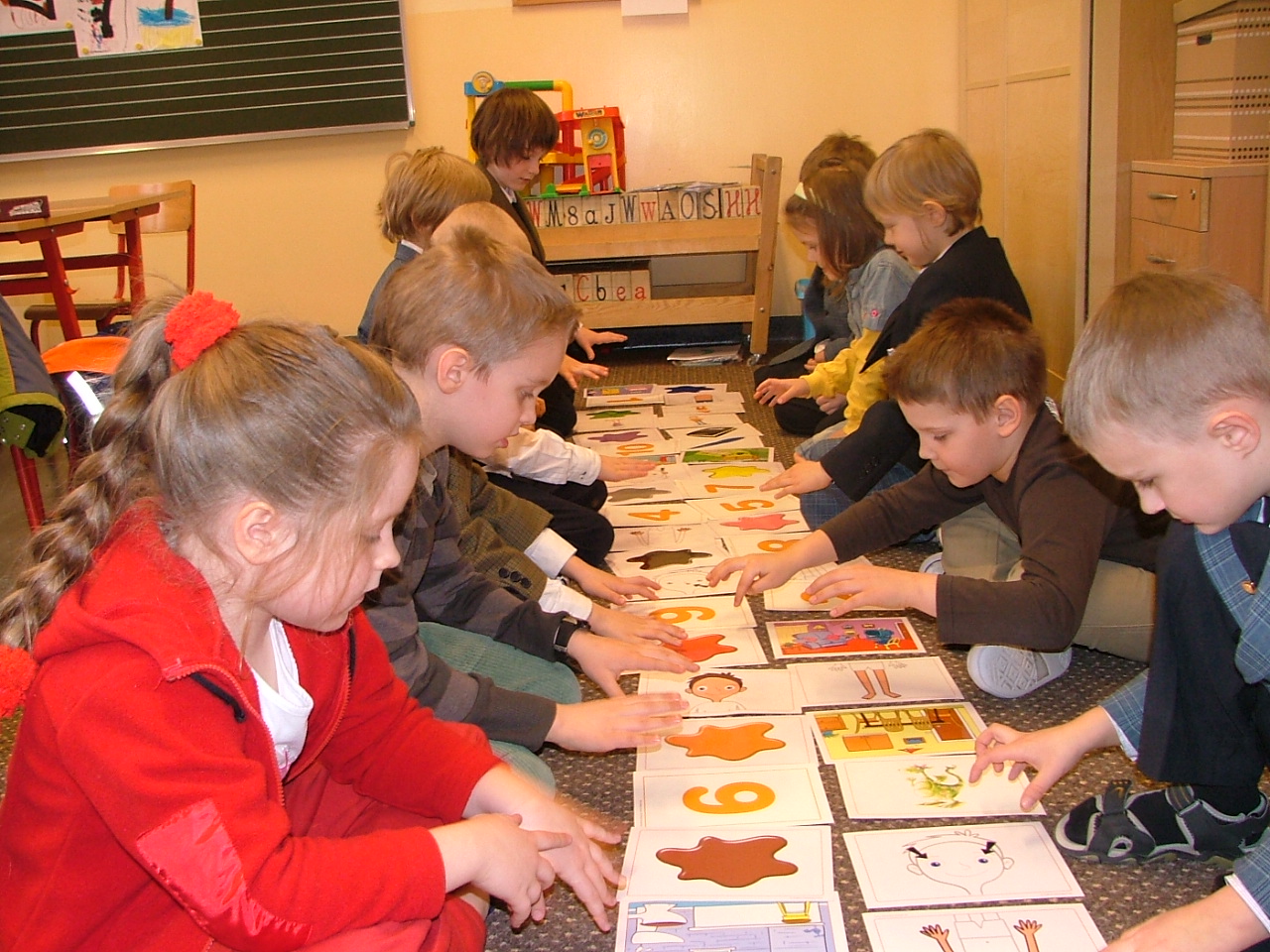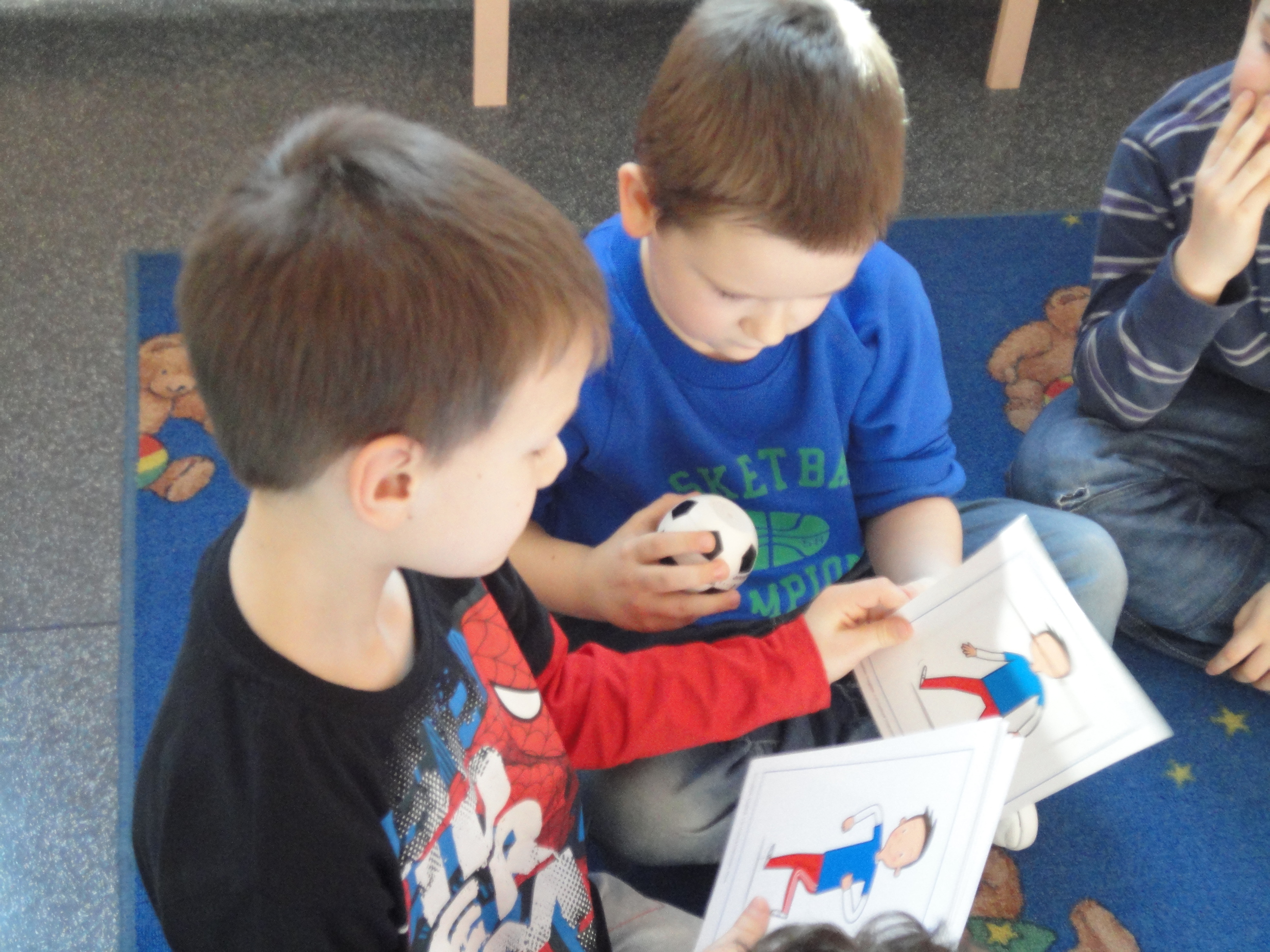 Ahead of her workshop at IATEFL 2012 about engaging students with flashcard games, Weronika Salandyk talks about some methods she uses to teach with flashcards in the classroom.
Ahead of her workshop at IATEFL 2012 about engaging students with flashcard games, Weronika Salandyk talks about some methods she uses to teach with flashcards in the classroom.
Flashcard games belong to my favourite classroom activities with young learners. Kids love them, I love them and they seem to help my students remember the new vocabulary. When teaching a class of six- or seven-year-olds I try to stick to a few rules: remember about classroom management (otherwise these lessons would be a mess, not fun), reduce the amount of materials I use (why should I waste time copying and cutting if I can use a pile of flashcards and a few everyday objects?) and mix new activities with my ‘tried and tested’ favourites.
When I introduce new material I show students flashcards and ask them to repeat the words a few times. To keep this activity more lively I make funny voices or ask children to speak as if… they were eating hot soup, chewing bubble gum or sitting in the dentist’s chair with their mouth open. In this way students repeat the same words many times without realising it. They practise pronunciation and begin to remember what each flashcard presents. And what’s more, they’re having great fun!
 After a few revision activities we play games based on associating the word with the picture. At that point students don’t feel perfectly comfortable with the new words so I make sure they get plenty of practice in the safe and entertaining environment. Slap the card is one of the games my kids want to come back to during every lesson. I divide the class into two teams. We sit on the floor in two rows, one team opposite the other. I put flashcards face up between them, usually in a single or double line.
After a few revision activities we play games based on associating the word with the picture. At that point students don’t feel perfectly comfortable with the new words so I make sure they get plenty of practice in the safe and entertaining environment. Slap the card is one of the games my kids want to come back to during every lesson. I divide the class into two teams. We sit on the floor in two rows, one team opposite the other. I put flashcards face up between them, usually in a single or double line.
The games starts when I say a word and children who sit near that flashcard must quickly slap it with their hands. The first team to do it get a point. Actually the points are not important at all, the kids just love the tension the game involves. It is a very dynamic activity which wakes the sleepy ones up but also allows the over-energetic children to work off their energy surplus a bit.
Finally, we play flashcard games which make children say the word or use it in a sentence such as pass the bomb. Students sit in a circle and I give one child a bomb which is a ticking egg timer. At the same time I show him/her a flashcard and the student must say what is in the picture or build a sentence with the word according to a pattern we practise (I like…, I have got…, I can….). Then s/he passes the egg timer to the next person and I show a different flashcard. The person holding the bomb in the moment of explosion is in real trouble!
With the rest of the class we prepare a special task for this person (e.g. s/he has to name three words that come next in the pile of flashcards). Pass the bomb is a great activity as it gives you a chance to check every student’s progress – but you need to be careful not to scare anyone. With my youngest students we call it buzzer and I give them funny tasks at the end, so the result is that everyone wants to hold the timer when it buzzes!
Do you and your students like using flashcards? What are your favourite flashcard games?


Some great ideas here – for teaching native or foreign languages. Or just keeping children happy on a journey or a rainy day!
Thank you for your comment! I’m happy to hear you like the activities and find them useful in other contexts as well (not only EFL classroom).
I like yout style of teaching and using flashcards,it is very helpful and enjoyable both me and students. As an educational consultant, I will use that method during my interactive demo lessons.
Thank you very much for your comment. I’m glad you like the activities. I hope your students will enjoy them too:)
Thank you for new ideas! Pass the bomb must be great! Do you know the hangman (with flashcards, of course)?
Pass the bomb is amazing and it works well with all types of oral tasks such as building sentences or storytelling. Thanks for reminding me of hangman. I rarely use it in my classroom but it might be a good idea to try it from time to time.
I teach adults whose first language is Spanish so they have difficulty with pronunciation of French words in English. Do you know if there are flash cards to help with this, i.e. valet, buffet, chalet, bidet, ballet, Chevrolet, etc.?
Hello Kathryn, I’m afraid I can’t help you with that problem. How about producing your own flashcards or asking students to help you? You might use some photographs or draw what you need. Good luck with your classes!
This is a great method. I love flash cards.
[…] Fun with flashcards by Weronika […]